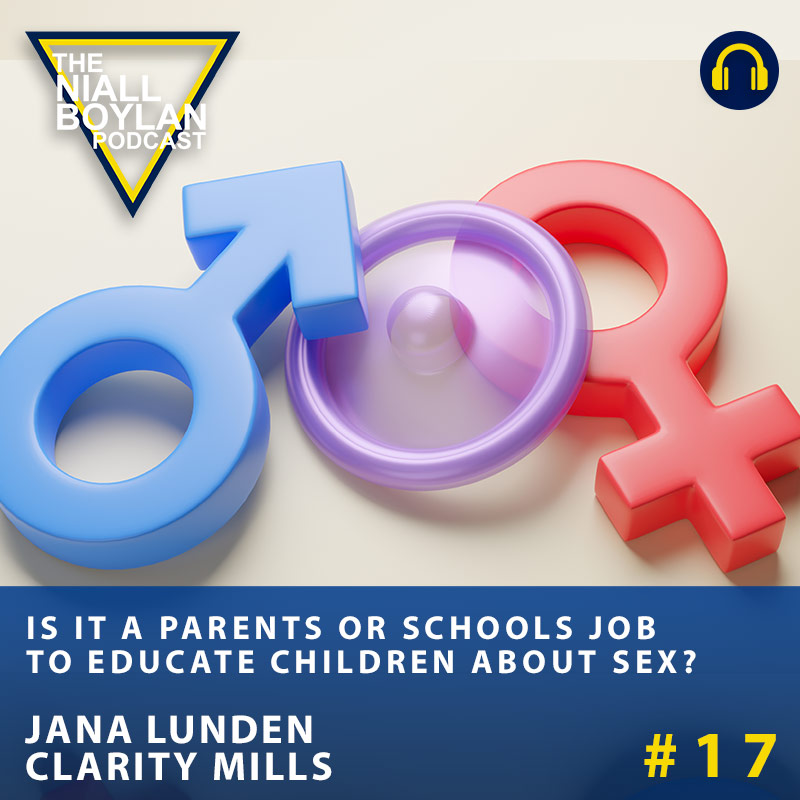
Pick a Gender, Any Gender! Episode 541
-
play_circle_filled
Pick a Gender, Any Gender! Episode 541
Niall Boylan
In this week’s episode of Niall Talks, Niall sits down with psychotherapist and author Stella O’Malley — alongside live callers — to unpack one of the most talked-about new proposals coming from Brussels: the EU’s LGBTIQ+ Equality Strategy 2026–2030.
The European Commission’s draft plan aims to reshape gender recognition laws across all 27 member states. Under the proposed framework, children could legally choose their gender at any age, without medical assessments, therapy, or parental consent — and countries that refuse to comply could face EU sanctions.
Supporters say it’s a bold step forward for human rights and equality. Critics warn it could erode parental rights, undermine child safeguarding, and outlaw essential therapy.
Together, Niall and Stella explore the social, psychological, and ethical implications of these sweeping changes — from what “self-identification” really means for children, to how far the EU should go in enforcing uniform gender policies across diverse nations.
Listeners call in to share their own views, experiences, and fears — making for an honest, often emotional discussion on one of Europe’s most divisive new proposals.
⚖️ The Pros and Cons of the Proposed Law
Pros:
Equality and inclusion: Ensures all individuals — regardless of age — can express their gender identity freely, aligning with human rights principles.
Removes medical gatekeeping: Ends the need for medical or psychological approval before legal recognition, supporting autonomy and reducing stigma.
EU-wide consistency: Harmonizes gender recognition laws across member states, preventing discrimination based on geography.
Human rights compliance: Reflects rulings from the European Court of Human Rights against forced medical procedures for gender changes.
Cons:
Parental rights concerns: Removes parents from critical decisions about their children’s identity and medical trajectory.
Safeguarding risks: Bans on exploratory therapy may limit professionals’ ability to help children who are uncertain or distressed about their gender.
Potential for regret: Without assessment or age thresholds, young people may make irreversible choices before full maturity.
National sovereignty issues: Threats of EU sanctions could be seen as overreach into member states’ cultural and legal autonomy.
Impact on women’s and sex-based rights: Critics argue self-ID without limits could affect privacy, safety, and fairness in female-only spaces and sports.








